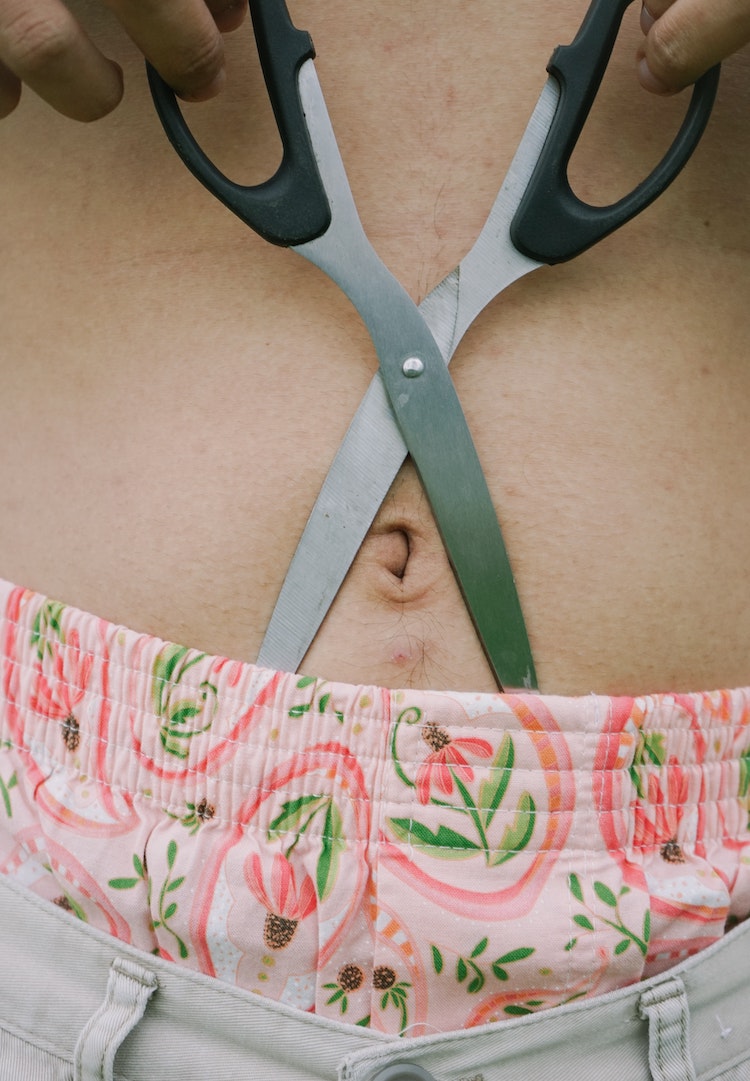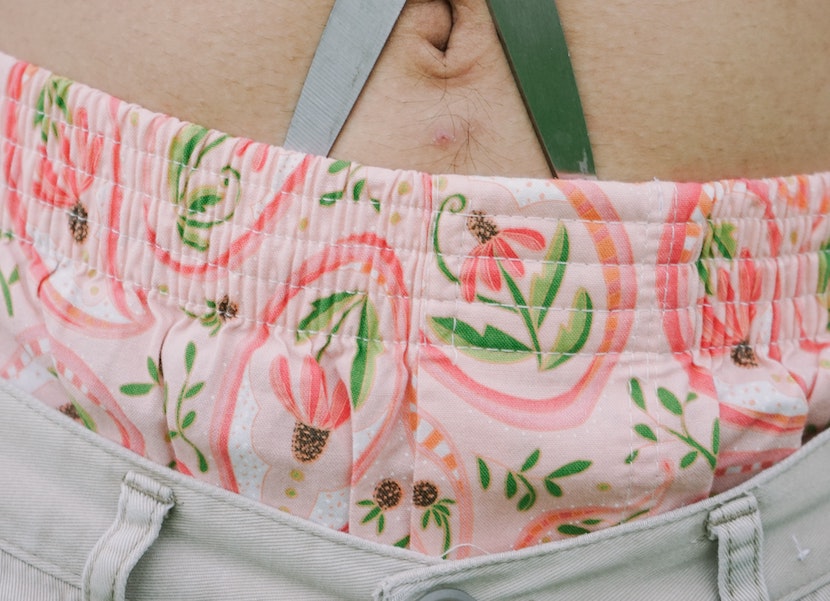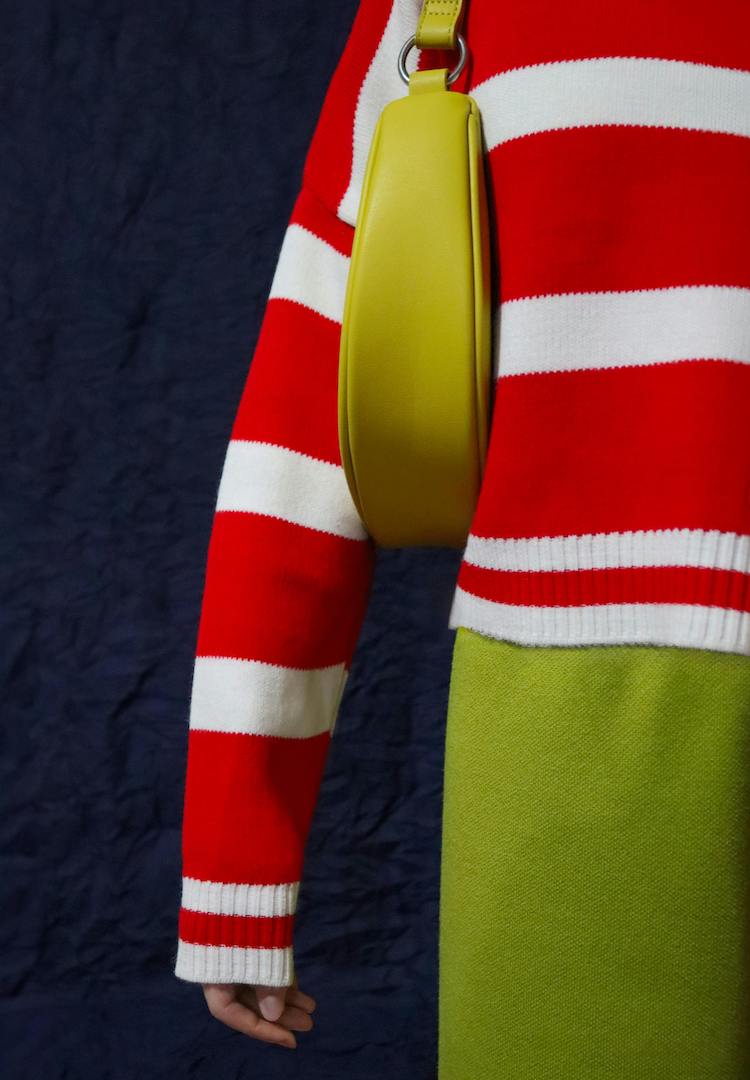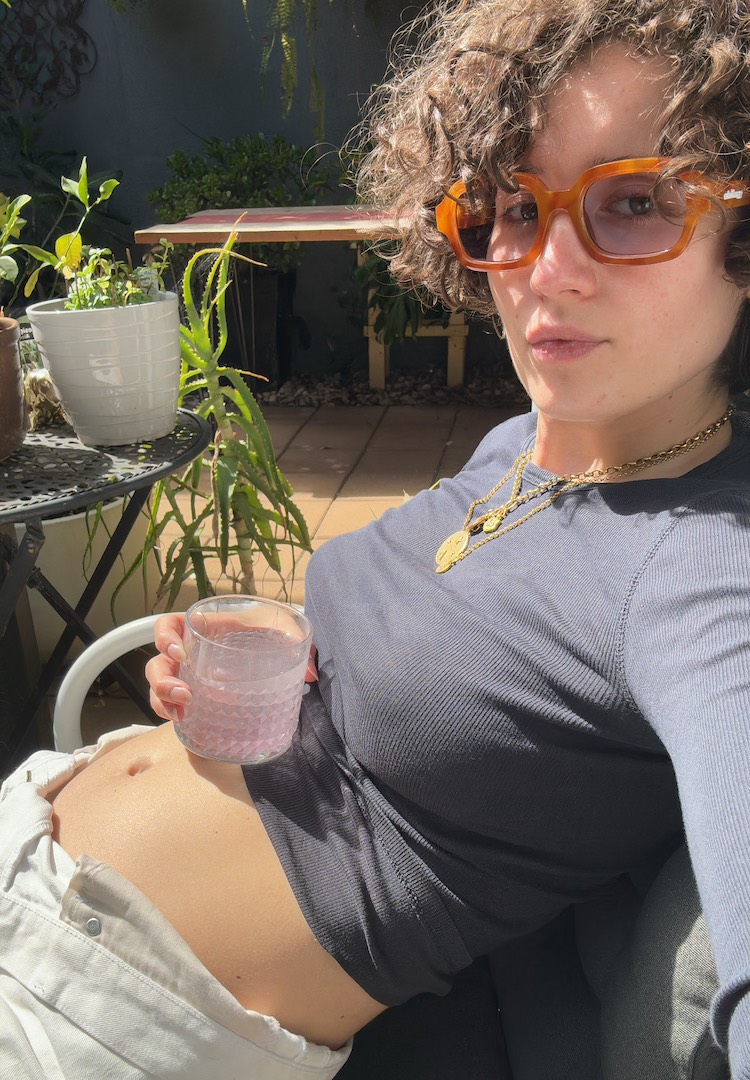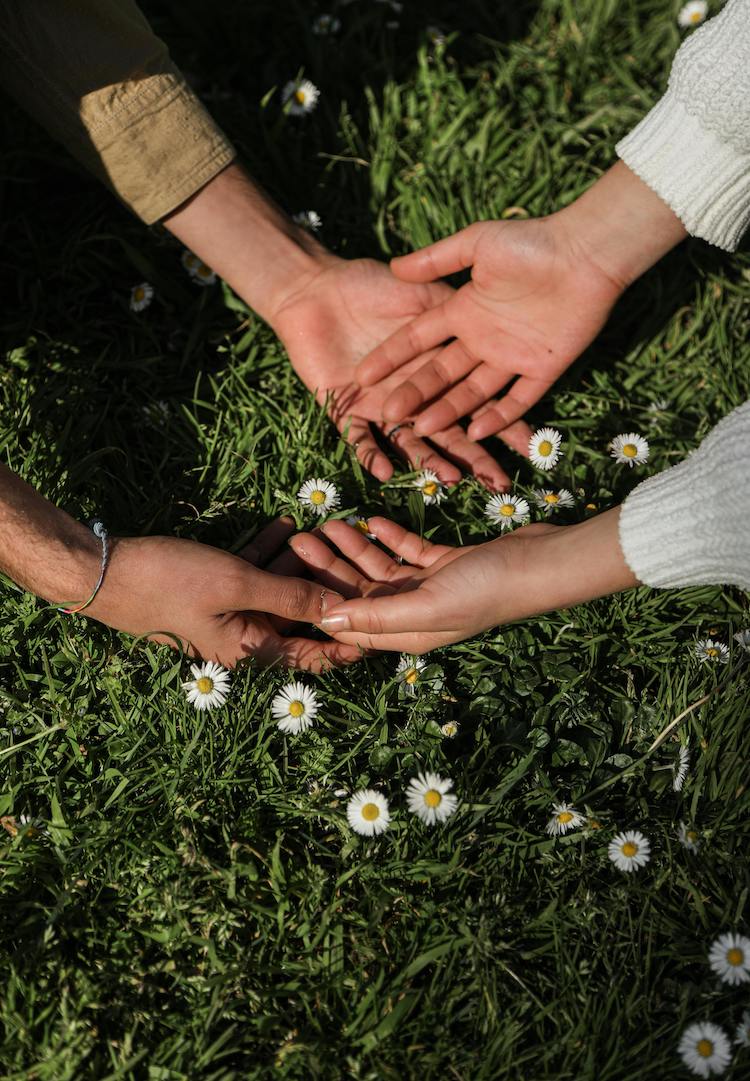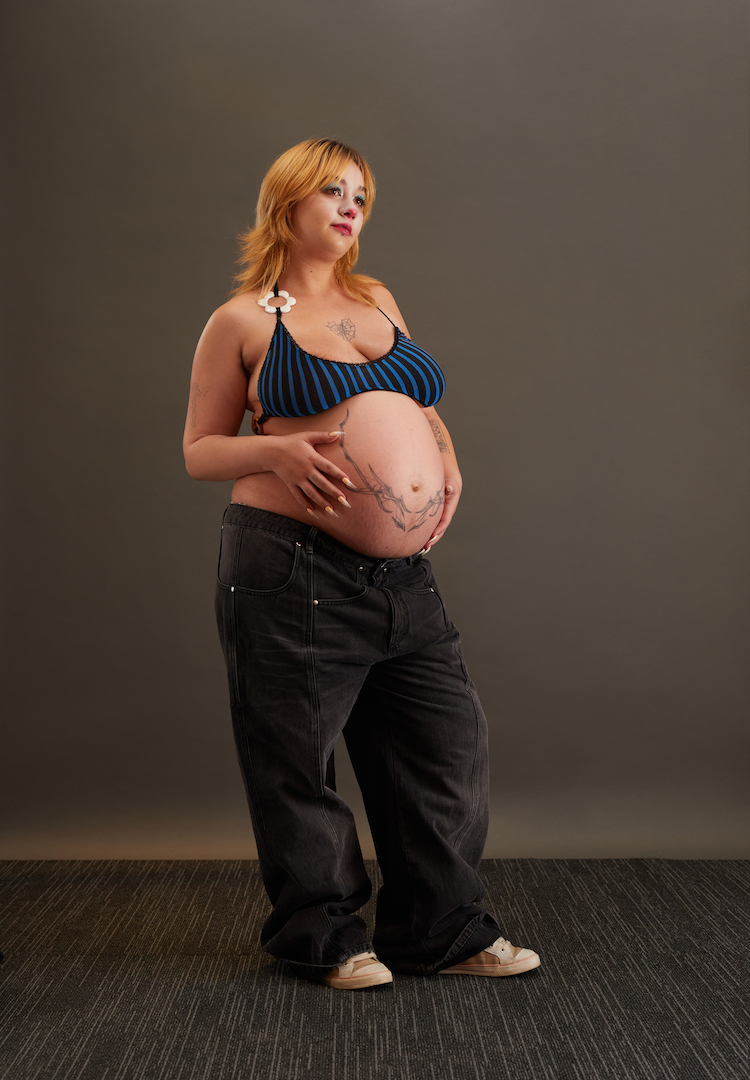Why are women’s health issues still so easily dismissed? Three Australian women share their stories
WORDS BY GENEVIEVE PHELAN
“I honestly felt like I was going insane.”
I’ve been told myriad reasons why I could be experiencing down-there discomfort over the last few months. Multiple GPs insisted on recurrent UTIs, placing the onus on me for post-coital urination, or questioning my hygiene. Not one but two emergency department trips later I was told the same things. I was also questioned regarding STIs, despite having been cleared of this before embarking on my long-term relationship. I know this is all protocol, but I felt embarrassed and misunderstood.
It felt frustrating, deflating and hopeless, like nobody could (or had the resources to), get to the bottom of my crippling discomfort. I felt embarrassed to talk about it, as most people would suggest I need to make lifestyle changes, making me feel as if I was at fault rather than my body being the thing fundamentally letting me down. I haven’t been able to run, focus on work, go to my favourite spin classes or feel sane for the last little while.
For more content like this, browse through our Life section.
I came to the conclusion of ‘grinning and bearing it’, before finally receiving a referral to see a gynaecologist when I couldn’t sleep through the night. Today, I received a script to address a larger issue at play, after receiving the results of a cystoscopy three weeks ago. I’m still frustrated, but also hopeful that something will change and this drug may restore my joie de vivre.
All of this has felt too familiar – the waiting for answers, second-guessing, suppressing tears in response to real pain because nobody can see anything on the outside. I’ve got friends with debilitating endometriosis, and others that have incurred serious health issues from IUDs, spending innumerable hours in emergency waiting to be believed. I’m wondering why it takes so much effort to have underfunded women’s health concerns treated with the seriousness they deserve.
Here, three generous women share their stories of feeling medically overlooked, and the steps that we should be taking as a society to give women’s health issues the attention and emotional validation they deserve.
Emma Rutherford-Ward, Founder of Vee Underwear, 31
Can you run us through a women’s health experience you felt was dismissed?
In 2020, I woke from a second laparoscopic surgery with a stage three endometriosis diagnosis. Unfortunately, it took far too many visits to the GP, gynaecologist and a second laparoscopic surgery with a (very expensive) endometriosis specialist to diagnose me with endo once and for all.
How did this make you feel?
For so many years, I had these crippling symptoms with no explanation. That can feel really frustrating and make you second guess what you are feeling, questioning if you’re just a fraud. Then to undergo an invasive surgery to wake up and be told there is “Nothing wrong with you”, you really begin to question the very real pain you’re experiencing. I often switched between the feeling of helplessness and [wondering] ’Am I crazy?’.
How long did it take you to get a correct diagnosis?
It took six years to be officially diagnosed with endometriosis.
What do you think we can do to elevate the healthcare experience in the context of women’s health concerns?
From a young age, women are often taught to keep everything surrounding their ‘private parts’ very private. But vaginal health, menstruation and reproductive systems play a huge role in our day-to-day mental wellbeing, too. This lack of open conversation, which is still present today, is dangerous, as it suppresses women from understanding what is considered healthy and unhealthy.
Education is the key to breaking the stigma that surrounds distinctly female health concerns. From the everyday yeast infection to complex conditions like endometriosis, demystifying the female health experience and creating a safe space for informative and relatable conversations are key. That’s why we put so much energy into valuable female health content at Vee Underwear.
Justine Morley, teaching student, 24
Can you run us through a women’s health experience you felt was dismissed?
I have severe endometriosis, PCOS, adenomyosis and a smattering of very unfortunate diaphragmatic endometriosis which sits in my chest near my lungs. I have had my fair share of surgeries and pills and even put my body into a medically induced menopause in an attempt to stunt my endometriosis growth. I spent a long time (prior to all of that) dismissing my pain and attempting to manage the pain levels on my own because I believed I was dealing with the period pain that everyone else also felt.
How did this make you feel?
I felt incredibly confused for a long time. It took years to come to terms with the fact that the occasional uncomfortable stomach pressure my friends were feeling during their periods was not the same kind of pain that made me throw up and unable to take a breath.
How long did it take you to get a correct diagnosis?
My first experience with severe endometrial cramps was in 2016, but I delayed getting my diagnosis until 2021. I am incredibly lucky to have worked with a team of amazing gynaecologists that are passionate about these conditions and work through all the options to ensure I am able to have the best quality of life possible.
The reason it took me and so many other women so long to get a diagnosis was not due to my doctors but more so the narrative that our society and the healthcare field have promoted for so long, that periods are painful and destructive to our bodies but that is just the way it is.
What do you think we can do to elevate the healthcare experience in the context of women’s health concerns?
While introducing me to the concept of endometriosis, my first gynaecologist explained that there was very little funding into the condition because “It only affects women and usually it won’t kill you”. Awareness levels have skyrocketed in recent years as has government funding into research. I believe that higher levels of female representation in physicians as well as more cost-effective and less painful diagnostic tools are essential to improve and elevate the healthcare experience for women.
Tori Bowman Johnson, author and Founder of The First Word, 33
Can you run us through a women’s health experience you felt was dismissed?
I went to a male GP postpartum and articulated a recent feeling of being “out of it and memory-less”. I don’t think he fully heard me and very quickly said “Well, you are a new mum of two under three, so maybe you’re just adjusting?”. I felt annoyed, heated and dismissed at the time as I wanted to scream, “No! I know my body and something is not right“. I ended up getting my bloods done, and the results showed an extreme issue with my TSH levels (aka my thyroid). I was diagnosed with severe hypothyroidism (with a three-year-old and a four-month-old at home to care for) and ended up going on medication as a matter of urgency.
How did this make you feel?
As I sat in the chair talking to the GP, I honestly felt like I was going insane. But when my results came back, I was proud that I followed my gut. Everyone has to be their own biggest advocate when it comes to their health. If what you are saying is falling on deaf ears, find a new pair of ears who will listen and act. And keep searching until you are heard.
How long did it take you to get a correct diagnosis?
Because I pushed for the blood tests, it took about eight days for the diagnosis, but a further four or so weeks and more bloods to find a GP who I clicked with and got my dosage right in terms of the medication. It involved forking out a lot of dosh for multiple medical appointments!
What do you think we can do to elevate the healthcare experience in the context of women’s health concerns?
Good question, complex answer. Perhaps if women received X amount of money from the government per year to offset expenditure related to medical issues that arise due to their gender or their chromosomal makeup (to be respectful of those who prefer not to identify under the titles female and male). For example, this could be for those who suffer from endometriosis, women who suffer fertility hardships or women who suffer from severe prolapse post-carrying and birthing babies.
It could be for women who deal with crippling postpartum anxiety or depression due to the hormonal blast when becoming a mother (here, I do want to acknowledge that men also suffer from PNA and PND). Are women perhaps deserving of a little more financial consideration? If supermarkets can withhold the GST charged on sanitary items (which is brilliant), should we further deepen this initiative?
Genevieve Phelan is Fashion Journal’s Lifestyle & Careers Columnist. Her writing fuses introspection with investigation, calling on her own personal anecdotes and the advice of admired experts in the realms of intimacy, money, friendship, careers and love. You can find her here and here.


